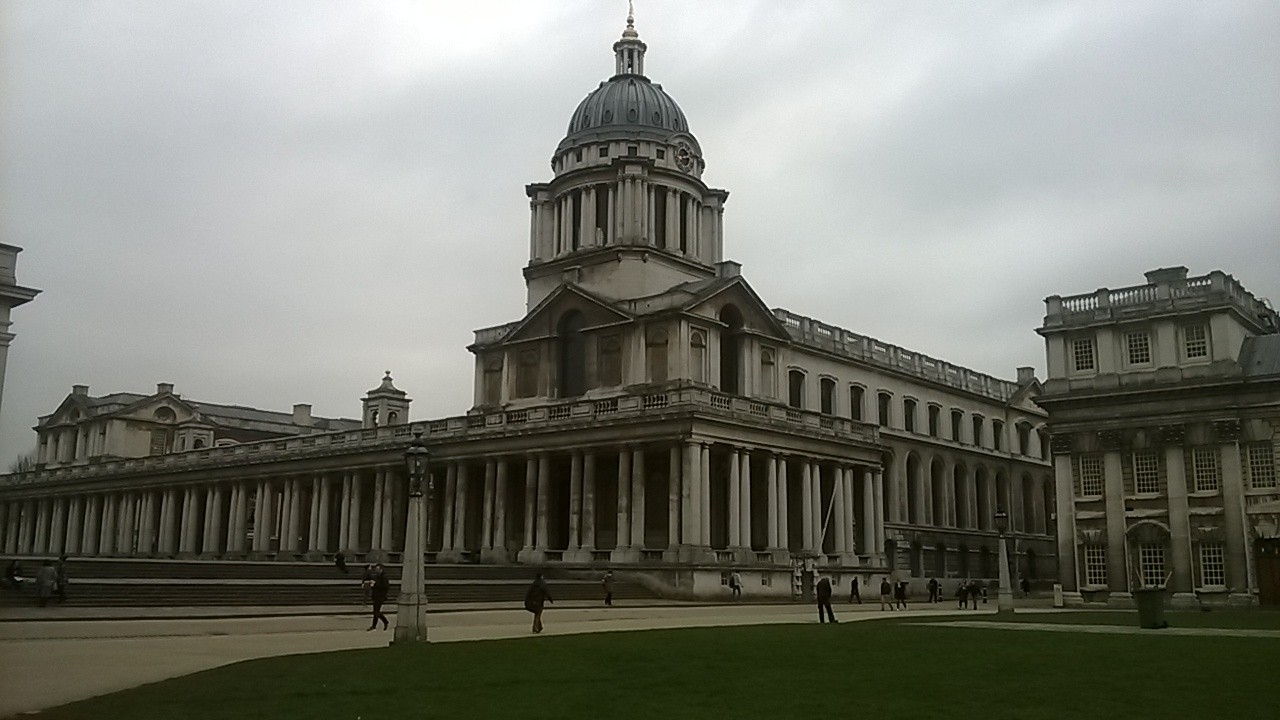Invitation to the launch of the final report of the Royal Society of Edinburgh’s Inquiry, Spreading the Benefits of Digital Participation.
 Tuesday, April 15, 2014 at 1:24PM
Tuesday, April 15, 2014 at 1:24PM Spreading the Benefits of Digital Participation: Launch of Report
Wednesday 30 April 2014, 9.30am to 11.00am
At the Informatics Forum, University of Edinburgh, 10 Crichton Street, Edinburgh, EH8 9AB
You are cordially invited to the launch of the final report of the Royal Society of Edinburgh’s Inquiry, Spreading the Benefits of Digital Participation. The launch will take place on Wednesday 30 April at the Informatics Forum of the University of Edinburgh.
The Inquiry has gathered evidence throughout Scotland and across the public, private and third sectors on Scotland’s transformation to a digital society. What are the potential societal benefits of digital? What are the barriers to realising these benefits? And how do we ensure that the benefits are spread to all parts of society? Our interim report, published in December, set out our emerging conclusions and recommendations on overcoming the challenges of affordable access, lack of motivation and lack of skills to get online. Consultation on that report has allowed us to refine recommendations in those areas. To this we add: what are the responsibilities of a digital society for creating an environment in which the benefits of being online are not outweighed by the risks?
Our final report presents a picture of digital exclusion in Scotland today and touches on developments in the use of digital in different aspects of Scottish life, from communities, learning and culture to the public sector, the economy and civil society.
The key findings and recommendations of the Inquiry will be presented by Professor Michael Fourman, Chair of the Inquiry, and Professor Alan Alexander, Co-Chair and RSE General Secretary, followed by Q&A. The presentations will commence at 10.00am, with refreshments available from 9.30am. We hope that you are able to join us. I would be grateful if you would confirm your attendance by email to slennox@royalsoced.org.uk , no later than Monday 28 April.
Kind regards
Susan Lennox
Royal Society of Edinburgh
22-26 George Street,
Edinburgh
EH2 2PQ
 Digital participation,
Digital participation,  RSE in
RSE in  Cross sector
Cross sector 


